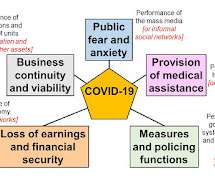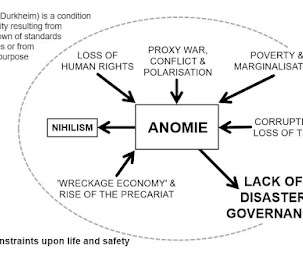Business Continuity Learning – Where do you start?
Plan B Consulting
SEPTEMBER 1, 2017
As business continuity incidents don’t happen that often, most business continuity managers have a limited experience of managing real incidents, so you have to build that learning from the experience of others. When the London bombings occurred in 2007, the exact same recommendation was made in the report.














Let's personalize your content